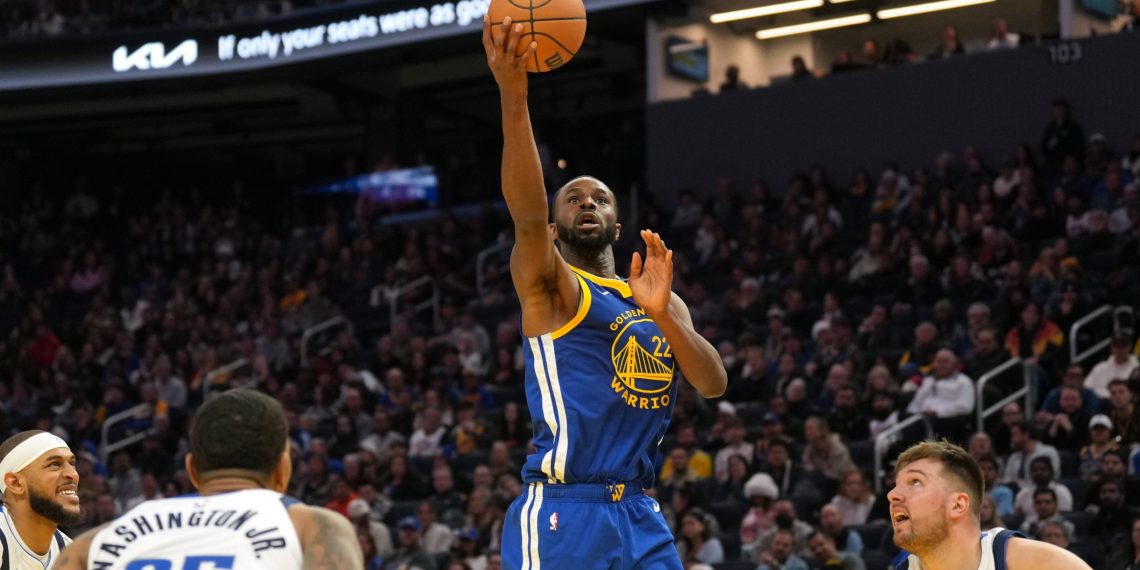Golden State Warriors’ Valuation Surges to Challenge NFL’s Dallas Cowboys
The Golden State Warriors’ Remarkable Ascent The Golden State Warriors have experienced a remarkable journey in recent years, marked by both on-court success and off-court financial growth. Led by Steve Kerr and Stephen Curry, the team’s dominance in the NBA, with six finals appearances and four championships since 2014, has significantly elevated their fan base and monetary value. From being valued at $555 million before Kerr’s tenure, the Warriors now stand at an impressive $9.14 billion in 2024, positioning them as the second most valuable sports team globally, closely trailing the NFL’s Dallas Cowboys valued at $10.3 billion.
Challenging the Crown With the Warriors closing in on the Cowboys’ valuation, less than a billion dollars shy of claiming the top spot, the team’s trajectory suggests a potential shift in the sports industry’s hierarchy. The NBA’s average team valuation doubling from $2.37 billion in 2020 to $4.6 billion in 2024 indicates the league’s overall growth, placing the Warriors on a promising path towards surpassing the Cowboys. Despite initial skepticism, the Warriors’ consistent rise hints at a plausible scenario where they could soon reign as the world’s most valuable sports team.
Factors Driving Valuation The Warriors’ surge to the top spot in the NBA’s valuation hierarchy can be attributed to various factors, including their exceptional performance on the court, strategic player acquisitions like Kevin Durant, and successful title runs. Additionally, external factors such as the NBA’s new Collective Bargaining Agreement (CBA) allowing teams to exceed salary caps and the league’s lucrative media deals have contributed to the rapid escalation of team valuations. These elements, combined with the Warriors’ sustained success, have positioned them as formidable contenders for the coveted title of the world’s most valuable sports team.
Future Prospects and Implications As the Warriors continue to close the gap with the Cowboys, the implications of potentially surpassing them in valuation extend beyond financial metrics. Such an achievement would underscore the NBA’s global appeal and the team’s enduring legacy in the sports industry. The evolving landscape of sports economics, driven by factors like media rights and player acquisitions, sets the stage for a captivating rivalry between the Warriors and the Cowboys in the race for the top spot. The outcome of this competition could reshape perceptions of sports team valuations and influence future investment trends in the industry.
In conclusion, the Golden State Warriors’ surge to challenge the Dallas Cowboys for the title of the world’s most valuable sports team represents a compelling narrative of growth, success, and strategic positioning within the sports industry. As the Warriors inch closer to claiming the crown, the implications of this potential shift resonate beyond financial figures, reflecting the dynamic nature of sports economics and the enduring legacy of successful franchises.









